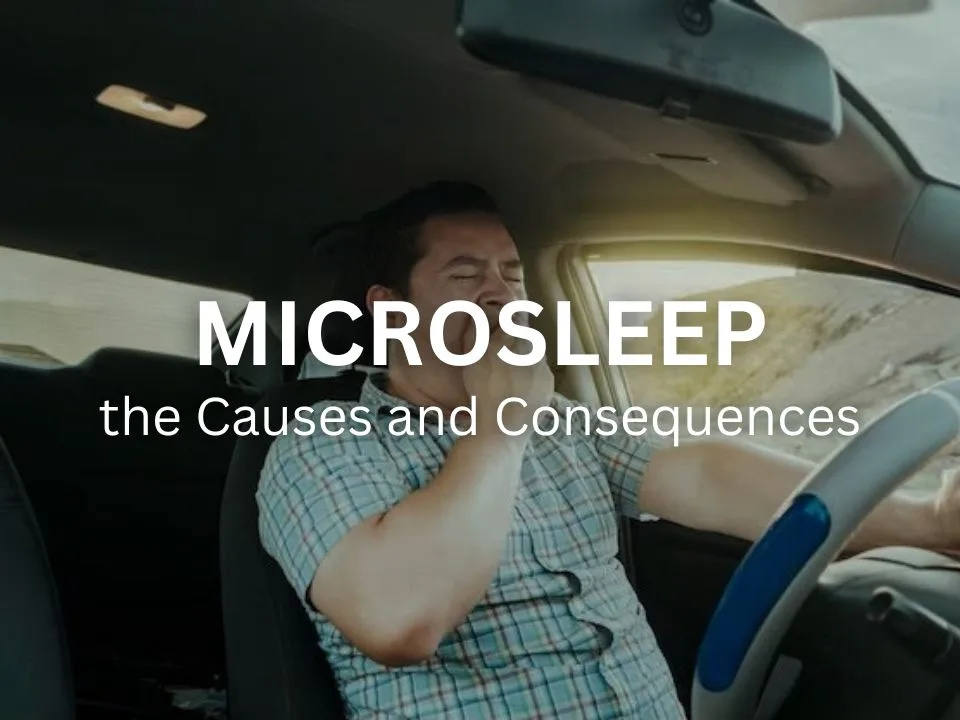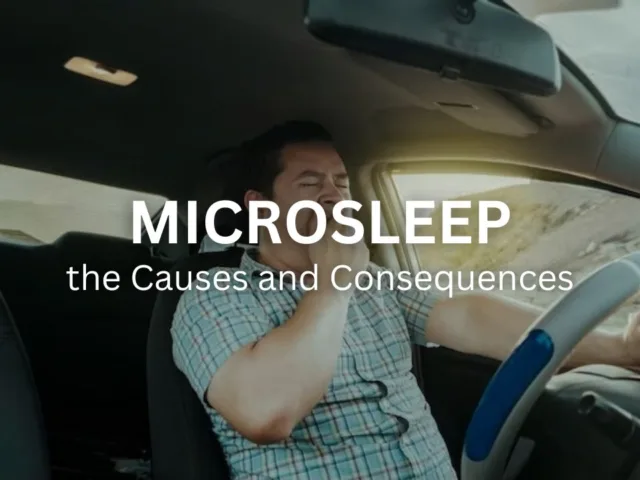
In a world that constantly demands our attention, the phenomenon of microsleep has emerged as a concerning issue. Defined as brief, involuntary episodes of sleep that occur in the midst of wakefulness, microsleep poses significant risks, particularly when engaged in tasks that require vigilance, such as driving or operating machinery.
The Culprits Behind Microsleep

Image via EastWest Healthcare
Disruptions to your sleep-wake cycle, such as irregular sleep patterns or sleep disorders, can predispose individuals to microsleep episodes. Therefore, understanding the causes behind microsleep is crucial in devising effective strategies to mitigate its potential dangers.
1. Sleep Deprivation
One of the leading causes of microsleep is sleep deprivation. In today’s fast-paced society, many individuals sacrifice sleep in favor of work, socializing, or entertainment. Prolonged periods of insufficient sleep accumulate sleep debt, leading to increased drowsiness and heightened susceptibility to microsleep episodes. Studies have shown that even short-term sleep deprivation can impair cognitive function and increase the frequency of microsleep occurrences.
2. Underlying Medical Conditions
Certain medical conditions can also contribute to the onset of microsleep. Sleep disorders such as sleep apnea, narcolepsy, and restless legs syndrome disrupt the quality and quantity of sleep, disrupting the brain’s ability to maintain wakefulness during the day.
Additionally, psychiatric disorders like depression and anxiety may alter sleep patterns, exacerbating the risk of microsleep episodes.
3. Environmental Factors & Stimulants
Environmental factors play a significant role in triggering microsleep episodes. Monotonous tasks, prolonged periods of immobility, and low-stimulus environments can induce drowsiness and increase the likelihood of microsleep.
Furthermore, the consumption of alcohol, certain medications, or stimulants like caffeine may temporarily alleviate fatigue but ultimately disrupt the natural sleep-wake cycle, leading to rebound sleepiness and microsleep.
Consequences Of Microsleep
The consequences of microsleep can be severe, particularly in situations where alertness is critical. In occupations such as transportation, healthcare, and public safety, even a momentary lapse in attention due to microsleep can have catastrophic outcomes, leading to accidents, injuries, or fatalities.
Moreover, in academic and professional settings, microsleep can impair learning, memory retention, and productivity, compromising overall performance and well-being.
Microsleep represents a significant challenge in modern society, posing risks to safety, productivity, and overall well-being. By elucidating the causes behind microsleep and implementing targeted interventions, we can mitigate its adverse effects and promote a culture of sleep health and safety.
Prioritizing adequate sleep and adopting strategies to prevent microsleep is not only crucial for individual health and safety but also for the collective welfare of society as a whole especially this Hari Raya.










